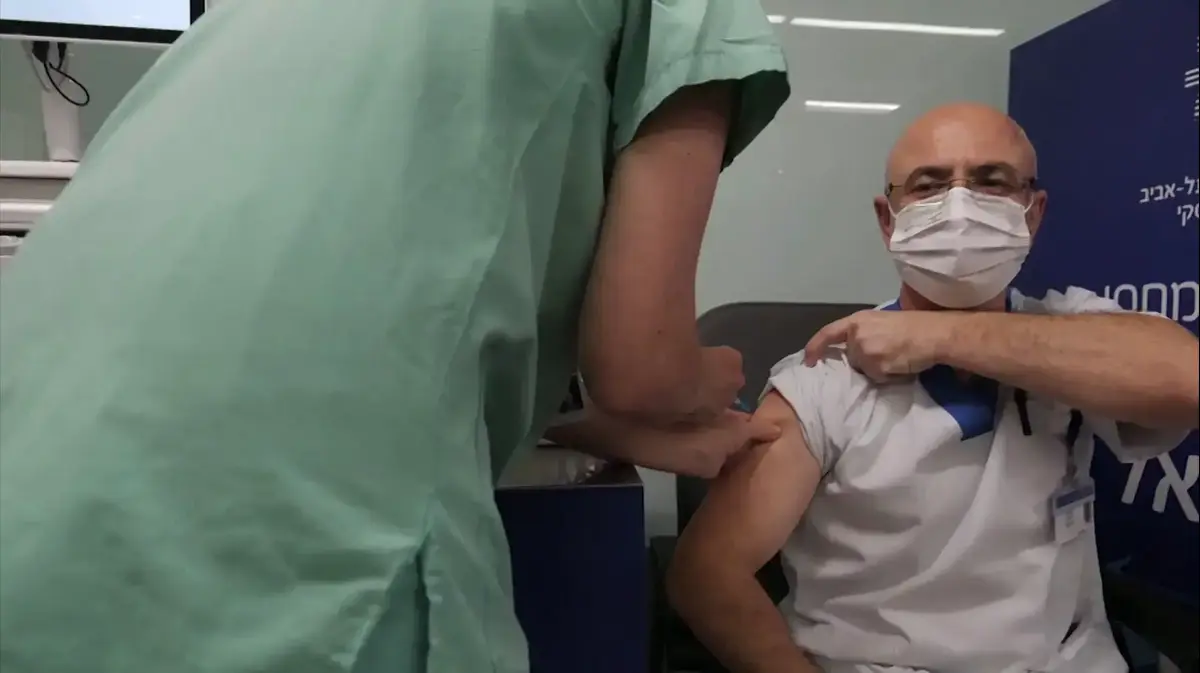"This is a very positive step to ensure universal access to anti-Covid-19 vaccines," said Mariangela Simao, director in charge of access to medicines at the World Health Organization (WHO). .
The organization granted this Thursday its first emergency approval, = since the start of the Covid-19 pandemic for the Pfizer-BioNTech vaccine, thus facilitating the path for countries wishing to use the vaccine quickly.
READ ALSO>
Vaccines against Covid-19: why Pfizer will not be enough
This procedure, which WHO can use in health emergencies, allows some countries to have faster access to therapies when they do not necessarily have the means to quickly determine on their own. efficacy and safety of a drug.
Facilitate access to vaccines for the poorest
The procedure also allows UNICEF, the UN agency in charge of an important part of the logistics of distribution of anti-Covid vaccines in the world, and the Pan American Health Organization to buy the vaccine for distribute it in poor countries, underlines the WHO press release.
Dr Simao added, however, that "an even greater effort was needed to have enough vaccine doses available to meet the needs of priority populations around the world".
The Pfizer-BioNTech vaccine has already been inoculated for several weeks in the United Kingdom, but also in the European Union, the United States or even in Switzerland for example.
Several million people have already been immunized with this product, estimated to be 95% effective but which requires ultra-low temperatures of the order of -80 degrees centigrade, which makes distribution and storage more difficult.
WHO has also been committed for several months to helping member countries which so wish to set up vaccination plans.
Homologation, not a cheap procedure
The emergency approval was based on the advice of experts in drug regulation from around the world as well as the WHO, said the UN agency, which concluded that it met the criteria "of safety, efficiency and quality ”allowing its use.
This advice is all the more crucial for countries that do not have significant resources as the Pfizer-BioNTech vaccine is based on the use of messenger RNA, a new method for teaching the immune system to fight a virus.
Moderna's vaccine, already approved in several countries, is based on the same principle.
Morning essentials newsletter
A tour of the news to start the day
Subscribe to the newsletterAll newsletters
In its press release, the WHO insists on making it clear that approval is not a cheap procedure.
It is based on data from phase II and III clinical trials (the last phase on a large cohort of several tens of thousands of patients in the case of the Pfizer-BioNTech vaccine).
Experts from various drug agencies around the world are invited to participate in the process, says the WHO.















